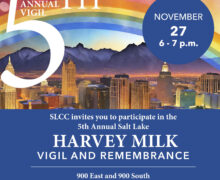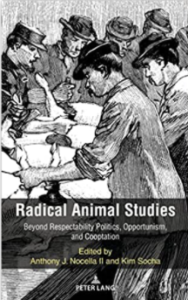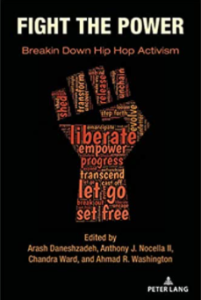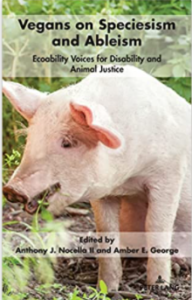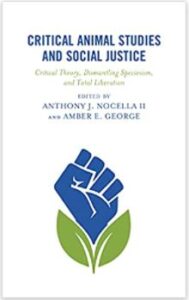Anita De Mela & Joshua Enslen
2013 Brazilian Protests: Human Rights, Nonhuman Rights and the Royal Institute
By, Anita De Mela & Joshua Enslen, Assistant & Associate Professor of Portuguese at The United States Military Academy at West Point
Abstract
In the context of the 2013 Brazilian protests, this paper comparatively examines the fight for human rights to the fight for nonhuman rights and revisits debates on intersectionality in order to show how Brazilian society collectively sought to “make history” through political action and social movements.
In June 2013, a small group of people in São Paulo, Brazil, gathered together to protest against the rise of the municipal bus fare. Through social media, that protest reached many people, who then organized other local and national protests expanding their complaints to include taxes used to build ultra expensive stadiums for the World-Cup, Military Police and the extermination of black Brazilian youth, Amazon deforestation and political corruption in general. These protests involved every aspect of the country, culminating in a speech by the country’s President who promised dialogue and real changes. Regular media massively covered these protests which were broadcasted not only in Brazil but around the world. In addition, social media activists and bloggers contributed even greater to the coverage. And a book, Cidades Rebeldes, of selected articles was published within a month of these occurrences.
While these protests were happening, a small group of animal rights activists in the state of São Paulo began to elevate against the deplorable and cruel conditions of the Royal Institute, a laboratory in the state of São Paulo that tested cosmetics and drugs on animals. This fight, however, gained very little coverage by regular media. But, through social media, it was able to grow bigger and bring awareness for the plight of lab animals. After weeks camping in front of the Institute without convincing the directors of the lab to engage in a dialogue, without significant regular media coverage and without any action by local politicians, the activists invaded the Institute at night and rescued many animals of which 178 were beagles. That act – once it became nationally exposed – brought commotion that led to the permanent closing of the Royal Institute. Recently, the state of São Paulo has passed a new law banning cosmetic testing on animals.
Bio
Dr. Joshua Alma Enslen is an Associate Professor of Portuguese at the United States Military Academy at West Point. He began his professorship at West Point soon after completing his PhD in Romance Languages (Portuguese and Spanish) at the University of Georgia in 2008. He teaches a variety of courses in the Portuguese program ranging from basic Portuguese to the Brazilian short story. He also manages West Point’s study abroad programs at Pontifícia Unversidade Católica in São Paulo and at the Universidade de Brasília. In the summers, he enjoys traveling with students to Portuguese-speaking countries and engaging them in activities that push them to see the world with new eyes.
Dr. Anita de Melo is an Assistant Professor of Portuguese at the United States Military Academy at West Point. Her research interests include Lusophone Literatures and Cultures, Issues concerning the Indigenous people of Latin America, Animal Poetry, Animal Studies and Human and Nonhuman Rights among others.



